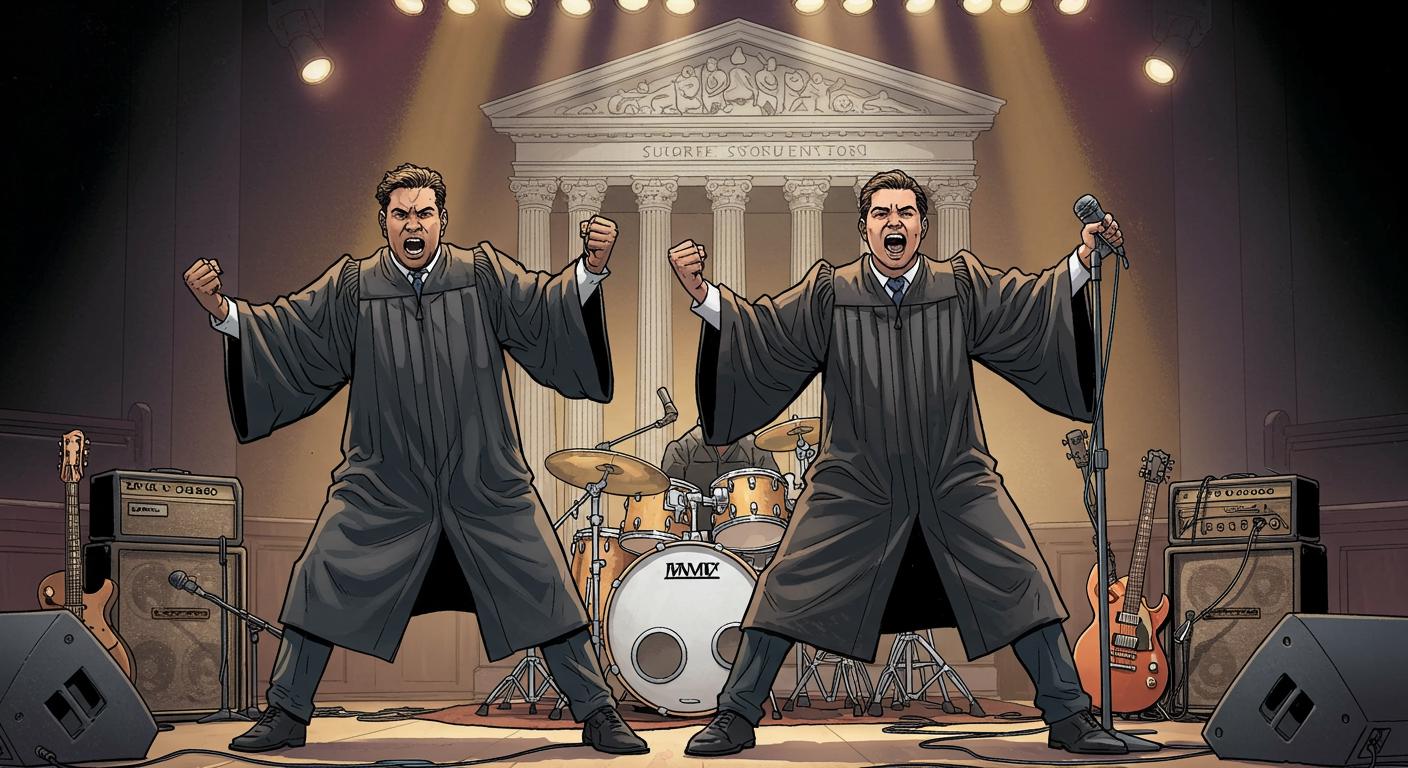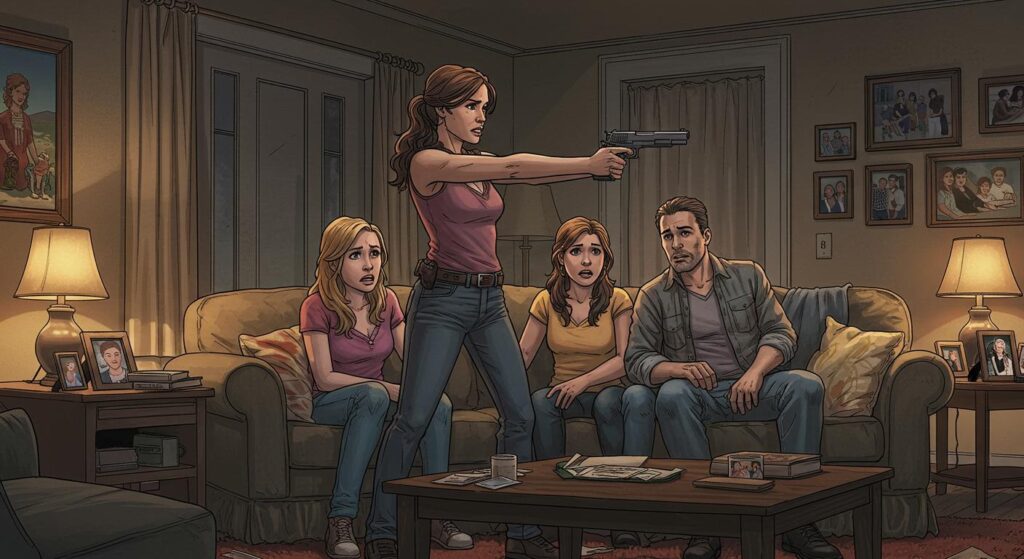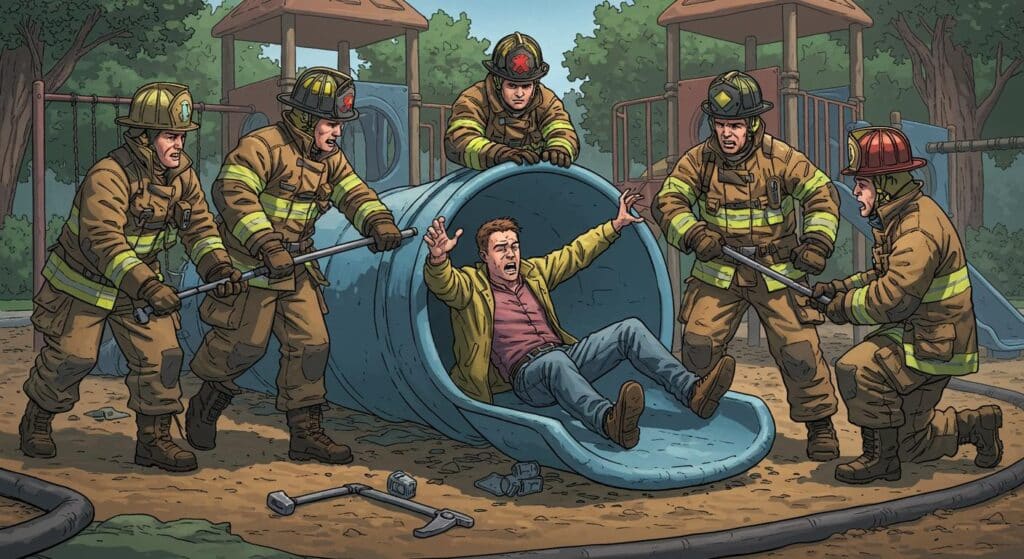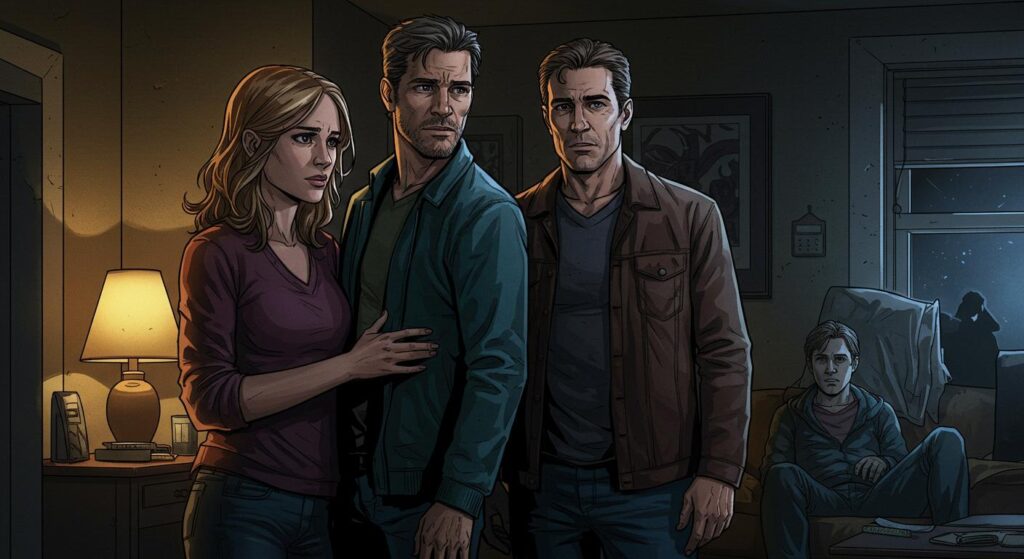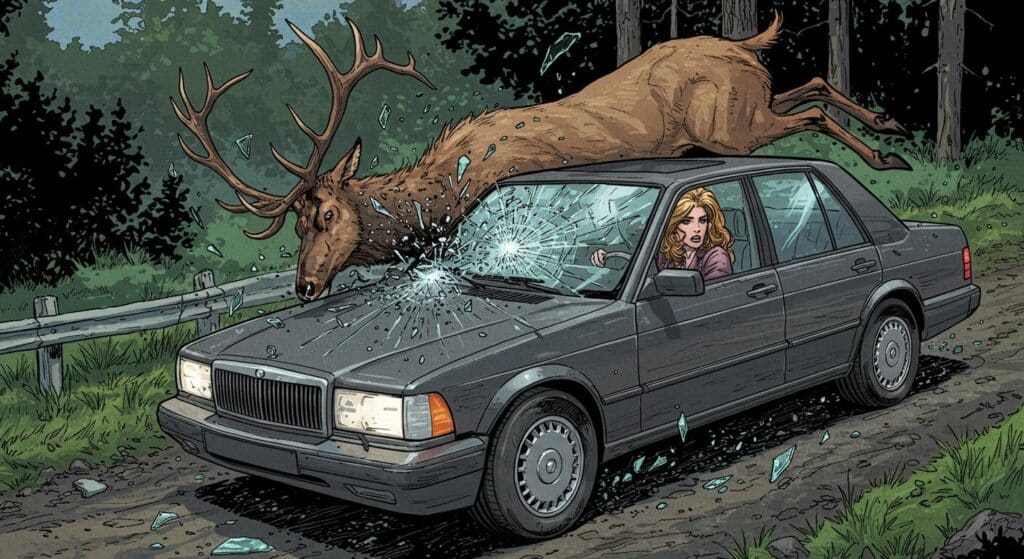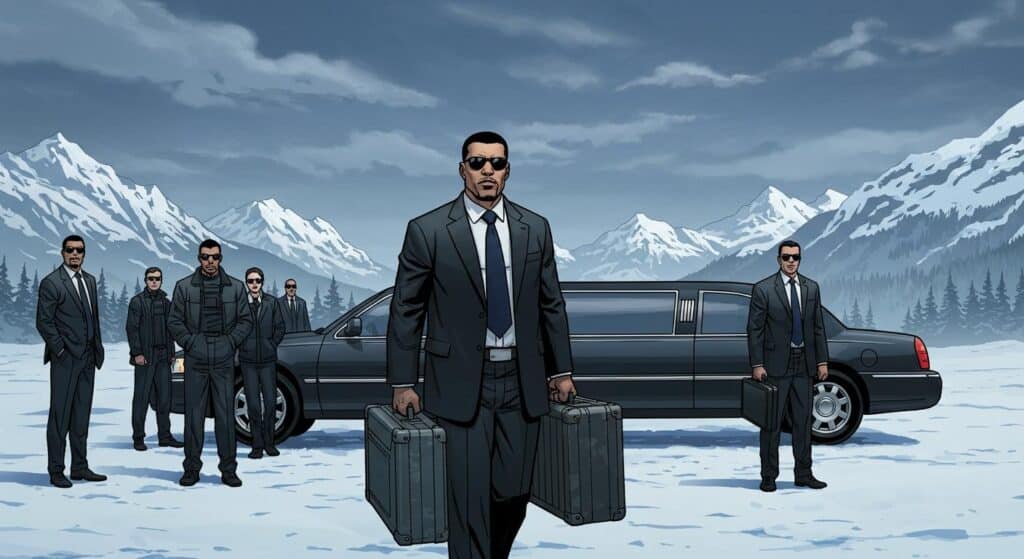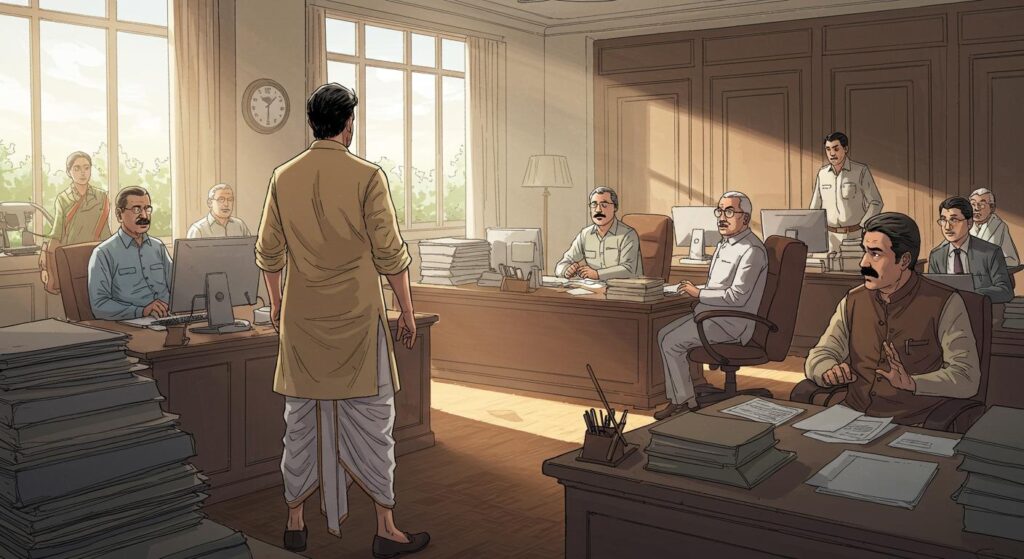File this under “unusual judicial remedies”: Two Minnesota Supreme Court justices, Anne McKeig and Sarah Hennesy, were recently “found guilty”—not of any legal violation, but of that all-too-common occupational hazard, stress. In lieu of the usual recommendations (yoga mats, perhaps, or a new ergonomic chair), the pair chose an unconventional sentence: forming an all-judge band. As featured in a report by NPR, the story of their musical debut as “The Reasonable Doubts” blends the solemnity of the law with a touch of rock ‘n’ roll—judicial robes presumably optional.
No Objections to Recess
During an interview with NPR’s Scott Simon, McKeig and Hennesy recounted how the idea for The Reasonable Doubts emerged not from a formal decree but from their own inventive response to mounting workplace tension. In a detail highlighted by NPR, the duo framed their band as a tongue-in-cheek “sentence,” poking fun at both legal jargon and their own well-being strategies. It seems the only courtroom drama this time involved chord progressions and set lists, rather than motions and appeals.
NPR notes that the justices turned to music as an outlet—a move that might seem surprising until one considers the pressures shouldered by those tasked with weighing the law. Instead of retreating in silence, McKeig and Hennesy chose to share their experience in a language both universal and, arguably, less adversarial than legal argument: music. The name, “The Reasonable Doubts,” carries a wink to anyone familiar with the standards of criminal procedure, with just enough self-mockery to keep things grounded.
Earlier in the NPR report, it’s mentioned that the stress plaguing the justices is far from unique in their profession. The outlet points out that courts, for all their ceremony, aren’t immune to the same occupational anxieties found in less hallowed halls. Still, as NPR documents, not many respond with the formation of a band—especially a lineup comprised exclusively of judges.
When the Gavel Drops, Pick Up a Guitar
You have to wonder: Did the first rehearsal require a majority opinion, or was the decision to go electric unanimous? As described in the broadcast, the atmosphere surrounding the formation of The Reasonable Doubts has been less about perfection and more about shared relief—a deliberate embrace of the amateur status that most bandmates outside of the symphony know all too well.
As the outlet notes, the justices used their performances as a way to demystify the judiciary, showing that even the most stoic professionals need a recess that’s more substantial than a figurative coffee break. There’s a certain logic here; if stress is the new epidemic, then perhaps the remedy involves a bassline and a borrowed amp rather than another mindfulness app.
Notes from the Chambers
Whether this marks the start of a broader legal musical movement remains to be seen. Could appellate court jam nights become a thing? Will Supreme Court opinions be cited as lyrics? One almost hopes for a circuit tour: “The Reasonable Doubts and Friends—Live from the Rotunda.”
NPR underscores the significance of the story: By swapping procedural deliberation for musical improvisation, McKeig and Hennesy have managed to inject levity into what’s usually regarded as a high-stakes, high-pressure environment. The move gently subverts expectations, proving that even those required to keep a straight face professionally can recognize the necessity of letting loose—if only for a set or two.
Perhaps the next time a judge calls for a recess, spectators will listen for a drumroll rather than a call to order. Isn’t there something refreshingly reassuring in knowing that beneath those robes, a few of our arbiters of justice are packing a songbook—and possibly a harmonica?

